
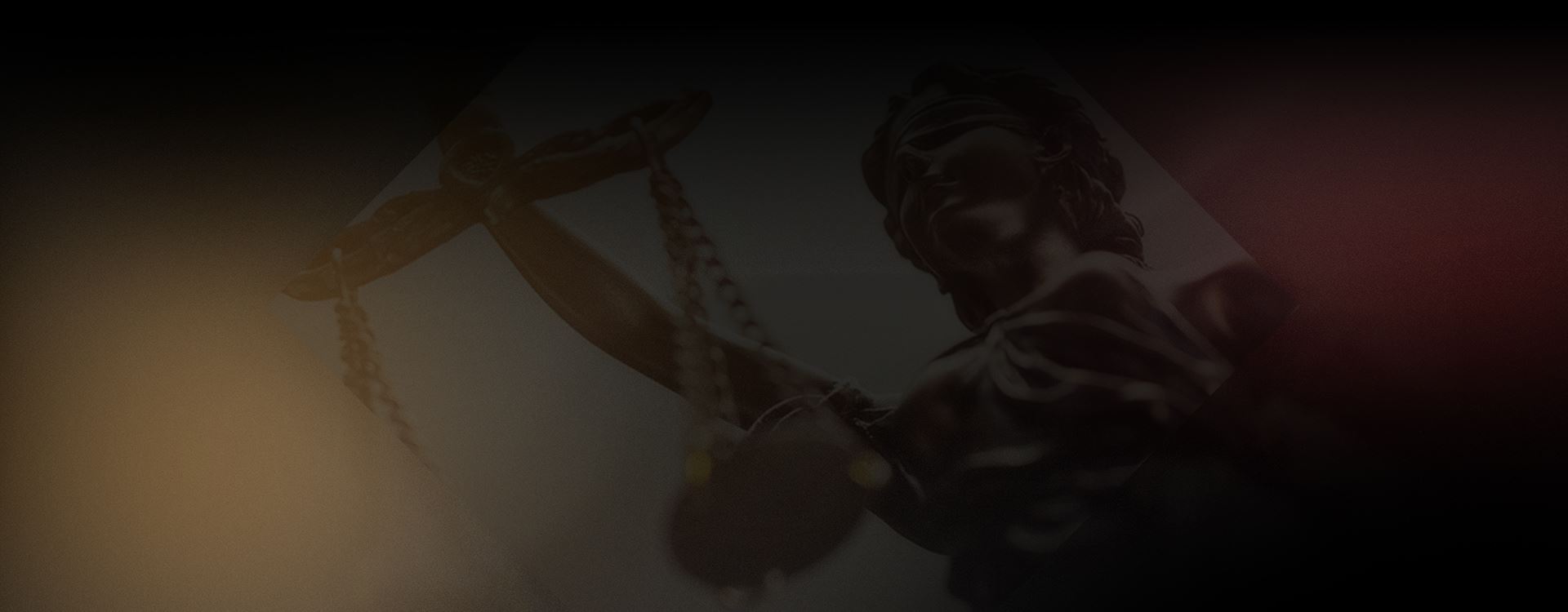
Relentlessly Pursuing the Best Possible Outcome
We've Recovered Hundreds of Millions for Our Clients
-
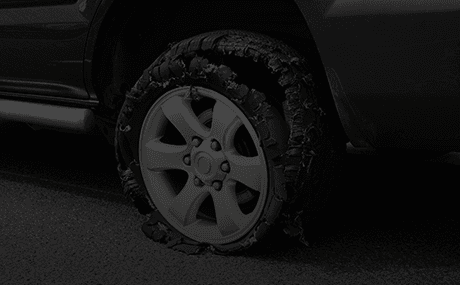 $30m Product Liability Verdict
$30m Product Liability Verdict -
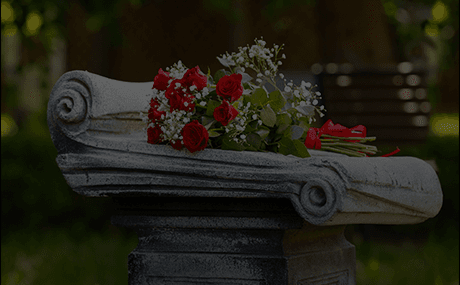 $24m Wrongful Death Settlement
$24m Wrongful Death Settlement -
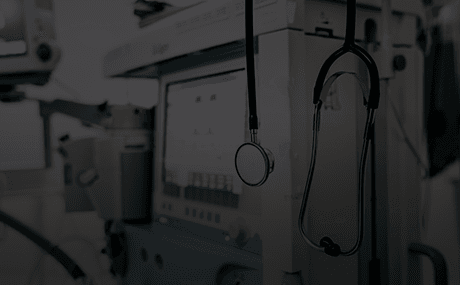 $14m Medical Device Settlement
$14m Medical Device Settlement -
 $13.5m Personal Injury
$13.5m Personal Injury -
 $12m Child Wrongful Death
$12m Child Wrongful Death -
 $11m Personal Injury
$11m Personal Injury
What is a Residential Fire?
A residential fire is a fire that occurs within a residential structure, such as a house, apartment, or condominium. These fires can be caused by various factors and can have devastating consequences for occupants and property.
Common types of residential fires include:
- Kitchen Fires: These are among the most common types of residential fires and often result from cooking accidents, such as unattended stovetops, grease fires, or flammable materials left too close to heat sources.
- Electrical Fires: Electrical fires can start from faulty wiring, overloaded circuits, damaged electrical appliances or cords, and other electrical malfunctions within the home.
- Heating Equipment Fires: Fires related to heating equipment, such as furnaces, space heaters, or fireplaces, can occur due to improper installation, maintenance issues, or the proximity of flammable materials to heat sources.
- Smoking-related Fires: Accidental fires can result from improperly extinguished cigarettes, cigars, or pipes, especially when smoking materials are not disposed of safely.
- Candle Fires: Candle fires can happen when candles are left unattended, placed too close to flammable materials, or knocked over accidentally.
- Careless Behavior Fires: Fires can also result from careless behavior, such as leaving candles, cigarettes, or open flames unattended, or mishandling flammable substances like gasoline or cleaning chemicals.
- Arson: In some cases, residential fires are intentionally set by individuals as acts of arson, which can result in severe property damage and endanger the lives of occupants.
What is a Commercial Fire?
A commercial fire refers to a fire that occurs within a commercial or industrial establishment, such as offices, retail stores, restaurants, factories, warehouses, and other non-residential buildings. These fires can have significant impacts on businesses, employees, customers, and surrounding properties.
Here are some of the common causes of commercial fires:
- Electrical Issues: Faulty wiring, overloaded circuits, damaged electrical appliances, and improper installation of electrical systems can lead to electrical fires in commercial buildings. These fires often start unnoticed within walls or ceilings and can spread rapidly if not detected and extinguished promptly.
- Cooking Equipment: Restaurants, cafeterias, and other food service establishments are particularly prone to fires caused by cooking equipment such as stoves, ovens, grills, fryers, and microwaves. Grease buildup, overheating, and unattended cooking can all contribute to kitchen fires.
- Heating Systems: Malfunctioning furnaces, boilers, space heaters, and HVAC systems can pose fire hazards in commercial buildings, especially if they are not properly maintained or if combustible materials are located too close to heat sources.
- Combustible Materials: Commercial properties often store large quantities of combustible materials such as paper, cardboard, chemicals, flammable liquids, and industrial products. If these materials are not stored or handled properly, they can ignite and fuel fires.
- Arson: Intentional firesetting by individuals, whether for vandalism, insurance fraud, or other reasons, can cause significant damage to commercial properties. Arson fires can be difficult to prevent and may require security measures such as surveillance cameras, fencing, and lighting to deter potential perpetrators.
- Equipment Malfunction: Fires can occur due to malfunctioning or overheating equipment such as machinery, electronics, industrial appliances, or manufacturing processes. Regular maintenance, inspections, and safety protocols are essential to prevent equipment-related fires.
- Hot Work: Welding, cutting, soldering, brazing, and other hot work processes performed in commercial and industrial settings can generate sparks, flames, and heat that may ignite nearby combustible materials. Proper safety measures, including fire-resistant barriers, fire extinguishers, and trained personnel, are necessary to mitigate the risk of hot work fires.
- Smoking Materials: Improperly discarded cigarettes, cigars, or other smoking materials can ignite combustible materials such as paper, trash, or vegetation, particularly in outdoor areas or designated smoking zones.
Who is Liable for a Residential & Commercial Fire?
Liability for residential and commercial fires can vary depending on the specific circumstances of each case and the applicable laws in the jurisdiction where the fire occurred. Here's an overview of who can be held liable for each type of fire:
Liability for Residential Fires:
- Property Owner or Landlord: The property owner or landlord may be held liable for a residential fire if it can be proven that they were negligent in maintaining the property, failing to address known hazards, or violating building codes or safety regulations.
- Tenants or Occupants: Tenants or occupants may be held liable for a residential fire if their actions, such as careless smoking, improper use of cooking appliances, or negligent behavior, directly caused the fire.
- Manufacturers or Suppliers: If a defective product or appliance contributed to the fire, the manufacturer or supplier of that product may be held liable under product liability laws.
- Contractors or Maintenance Companies: If the fire was caused by faulty installation, repair, or maintenance work performed by contractors or maintenance companies, they may be held liable for negligence.
- Utility Companies: In some cases, utility companies may be held liable for residential fires if the fire was caused by a gas leak, electrical malfunction, or other utility-related issues resulting from negligence or failure to maintain infrastructure.
- Neighbors or Third Parties: If a residential fire spreads from one property to another due to the negligence of a neighbor or third party, they may be held liable for damages caused by the fire.
Liability for Commercial Fires:
- Property Owner or Landlord: Similar to residential fires, the property owner or landlord of a commercial building may be held liable for fires caused by negligence in maintaining the property, failing to address hazards, or violating safety regulations.
- Business Owners or Operators: Business owners or operators are typically responsible for maintaining a safe environment within their premises, including fire prevention measures, employee training, and compliance with building and fire codes. They may be held liable for fires resulting from their failure to fulfill these responsibilities.
- Manufacturers or Suppliers: If a defective product, equipment, or machinery caused the fire, the manufacturer or supplier may be held liable under product liability laws.
- Contractors or Maintenance Companies: Similar to residential fires, contractors or maintenance companies may be held liable for fires caused by faulty installation, repair, or maintenance work performed on commercial properties.
- Employees: Employees who act negligently or recklessly, such as mishandling flammable materials, failing to follow safety procedures, or causing sparks during hot work, may be held liable for fires that occur in the course of their employment.
- Security Companies: If inadequate security measures contribute to arson or vandalism that results in a fire, the security company responsible for safeguarding the property may be held liable for negligence.
- Government Entities: In rare cases, government entities may be held liable for commercial fires if they were responsible for regulatory oversight, inspection, or maintenance of the property and failed to prevent hazards or enforce safety regulations.
In the last 14 years, Shoop & team's impressive track record includes hundreds of Product Liability cases resulting in verdicts or settlements exceeding $1 million. For a Product Liability team with an exemplary track record, clients choose Shoop.
Why We're Uniquely Qualified to Handle Your Case
Attorney David Shoop is a nationally recognized trial lawyer who has taken on countless fire damage cases. In contrast to other attorneys in the field, he has substantial experience working with fire scenes. He’s a member of the National Fire Prevention Association and has given many lectures on techniques for investigating fire scenes. And, he’s litigated several multi-million-dollar cases for his clients.
When you partner with our legal team, you’ll have access to an attorney who:
- Served as lead trial counsel and has litigated numerous fire and casualty cases
- Has years of legal experience in fire and origin analysis
- Can use his knowledge of the NFPA 921 standards for fire scene investigation
You can trust our firm to protect your interests as you move your claim forward. In instances involving residential and commercial fires, we understand just how devastated you may be. You may have lost everything you own. You may have lost a loved one. You may have lost your health and vitality. Whatever your circumstances may involve, our award-winning team is here to support you.


Choose an Experienced Attorney to Represent You
Our attorneys have investigated and litigated numerous commercial and residential fires in California. David Shoop has also coordinated litigation in Arizona, Texas, Florida, and New York.
Due to our extensive experience in these types of cases, our legal team is often able to secure expert testimony and analysis that can help create the most persuasive case and leverage your claim into the most advantageous position possible.
While no two cases are the same, we give each case we take on 100% of our attention and effort. When you work with our team, we develop a personalized strategy that is unique to your case and ensure that your rights are protected throughout the course of the liability claim.
Our team will pursue every avenue to reach a favorable end result. With years of experience and a history of recovering millions, we can fight for the compensation that you deserve.
Whether you and/or your property were injured as a result of a design defect or because of improper installation of a product, you can rely on our team to pursue damages for you. Owners of damaged property, people who have suffered catastrophic burn injuries, and grieving family members of fatal burn injury victims are encouraged to contact our Los Angeles product liability firm today.
Contact our Los Angeles law firm today if a fire has caused devastating losses. You can reach us at (866) 884-1717 to schedule your free consultation.
-lg.2309181221228.png)






.1).2309181221550.png)